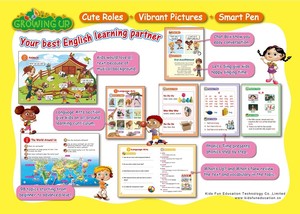Introduction to Beginner Speaking
Beginner speaking refers to the initial stage of verbal communication often emphasized in learning environments. It involves developing basic conversational skills, pronunciation, and vocabulary necessary for effective interpersonal communication. This is a crucial milestone for both students and professionals looking to enhance their verbal skills in a supportive environment.
Types of Beginner Speaking Practices
- Conversational Classes: Structured sessions focused on everyday dialogues, allowing learners to practice their speaking skills in real-life scenarios.
- Role-Playing Exercises: Important simulations often used to help beginners engage in various social situations to build confidence and fluency.
- Interactive Workshops: Group activities aimed at fostering communication among beginners while providing feedback and support.
- Self-Directed Learning: Utilizing apps and online resources for at-home practice, encouraging independent growth in beginner speaking skills.
Function and Features of Beginner Speaking Programs
- Skill Development: Aims to enhance vocabulary, pronunciation, and listening skills essential for effective communication.
- Customized Learning: Programs often adapt to the specific needs of learners, accommodating different paces and learning styles.
- Engagement Techniques: Incorporates games, discussions, and storytelling to make learning engaging and enjoyable.
- Feedback Mechanism: Regular assessments and constructive criticism facilitate continuous improvement of speaking skills.
Applications of Beginner Speaking in Real-life Scenarios
- Academic Settings: Helpful for students in learning environments where effective communication is key to academic success.
- Professional Development: Essential for individuals entering the workforce, as strong speaking skills can enhance career opportunities and networking potential.
- Travel and Tourism: Beneficial for travelers looking to communicate effectively in foreign countries, allowing for better interactions with locals.
- Cultural Exchange: Promotes cross-cultural understanding, enabling individuals to connect with diverse communities through language.
Advantages of Mastering Beginner Speaking Skills
- Increased Confidence: Mastering beginner speaking fosters self-assurance in one’s ability to communicate, especially in unfamiliar situations.
- Improved Cognitive Abilities: Language learning sharpens our cognitive skills and enhances critical thinking and problem-solving abilities.
- Social Connections: Establishing basic speaking skills allows for more meaningful relationships and networking opportunities.
- Foundation for Advanced Skills: Proficiency in beginner speaking serves as a stepping stone to more complex language and communication skills.





























 Ready to Ship
Ready to Ship
























